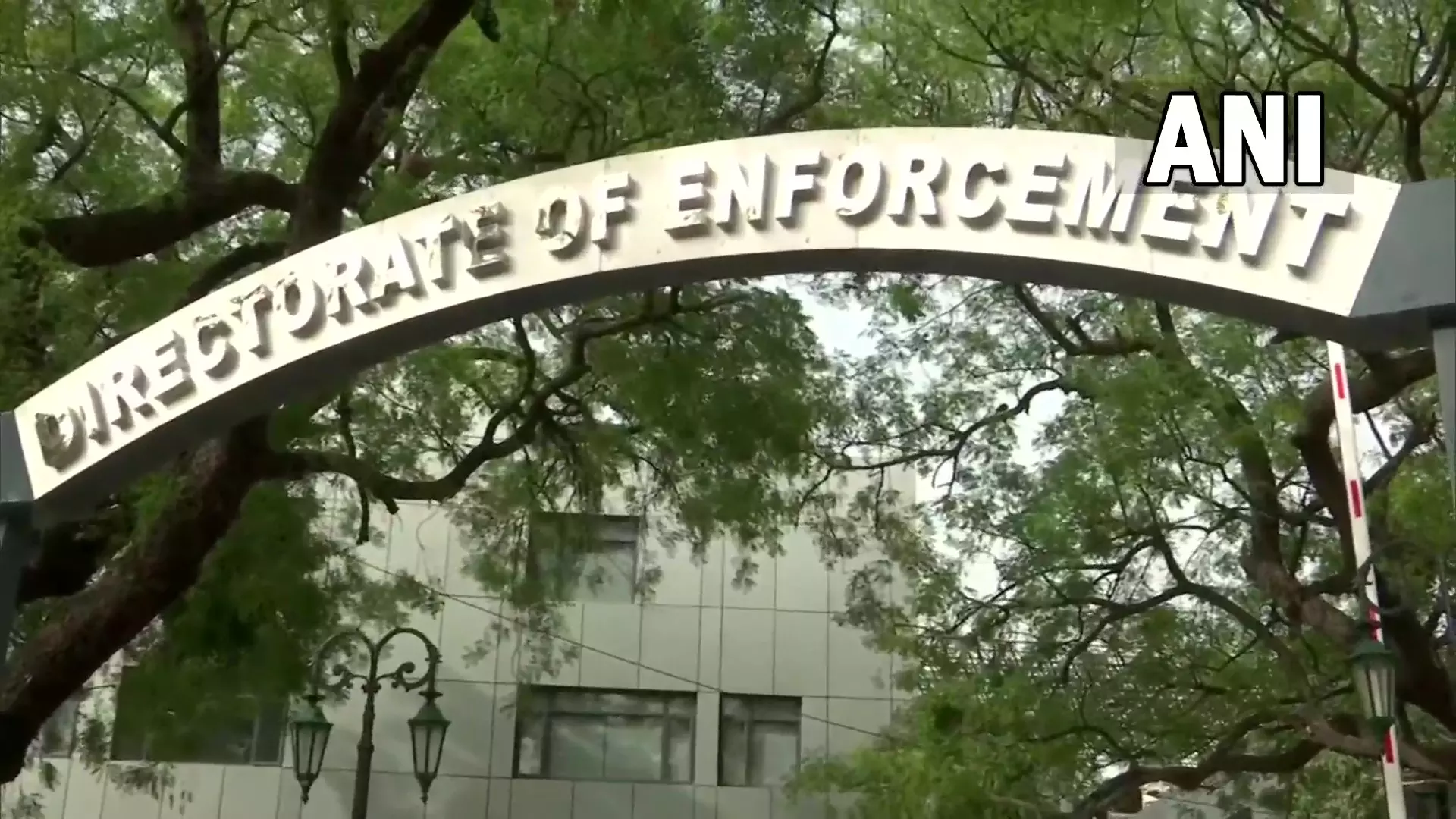ED Attaches Nearly Rs 20 Crore of Instant Loan Apps

Hyderabad: The Enforcement Directorate (ED) in Hyderabad attached bank balances and fixed deposits worth Rs 19.39 crore, belonging to various entities connected to instant loan apps, under the provisions of the Prevention of Money Laundering Act (PMLA), 2002.
The ED initiated the investigation following 118 FIRs registered by the state police under the IPC and the Information Technology Act against 242 instant loan mobile applications. These fintech companies were operating numerous loan apps, charging excessive processing fees, exorbitant interest rates, and imposing hefty penal charges on borrowers.
The investigation revealed that these loan apps were being used to conduct non-banking financial business without a licence from the RBI or any other authority, often utilising the licenses of defunct non-banking financial companies (NBFCs).
The ED's investigation revealed that ‘Online Loan’, ‘Rupiya Bus’, ‘Flip Cash’, and ‘Rupee Smart’, were linked to Nimisha Finance India Pvt Ltd and Skyline Innovation Technology (India) Pvt Ltd, a fintech company with Chinese directors. These companies generated proceeds of crime through their lending activities via these mobile apps.
Further, Skyline entered into a Memorandum of Understanding (MoU) with Rajkot Investment Trust Ltd (RITL), an NBFC, for similar activities, transferring ₹20 crore proceeds of crime to RITL.
Following the arrest of Skyline’s directors and the initiation of criminal proceedings, the Rs 20 crore was not used by RITL for lending purposes nor returned to Skyline. Instead, RITL transferred them to accounts of various related persons and entities.
A portion of the proceeds of crime was withdrawn in cash to obscure the money trail. The PMLA investigation ultimately led to the attachment of Rs 19.39 crore, located in the bank accounts and fixed deposits of Nimisha Finance India Private Limited, Rajkot Investments Trust Limited, Mahananda Investment Limited, Baskin Management Consultancy Private Limited, and others.
During the loan approval process, these apps collected contact details, photos, and personal data of borrowers. This data was misused by tele-caller companies to recover outstanding loan amounts through abusive practices, including harassment of borrowers and their family members, as well as sending objectionable images of borrowers to their contacts with derogatory remarks.
Borrowers were also encouraged to repay existing loans by taking out additional loans from other related loan apps, leading many into debt traps.

